PSL in the international rankings
PSL is #41 in the Shanghai ranking, #21 in the CWUR and #3 in THE (Times Higher Education) Best Young Universities. PSL has also appeared in the top 50 THE and QS (Quacquarelli Symonds) rankings since 2018.
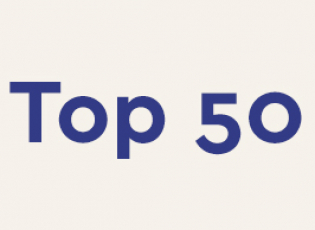
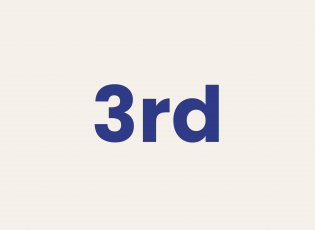
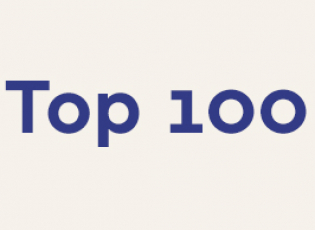
2020-2021 Rankings by subject

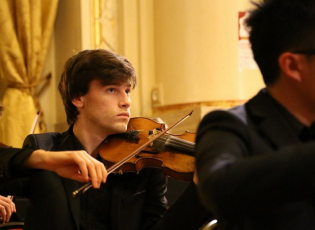
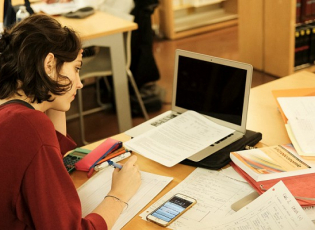
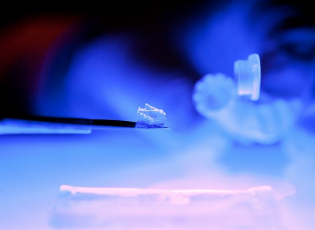
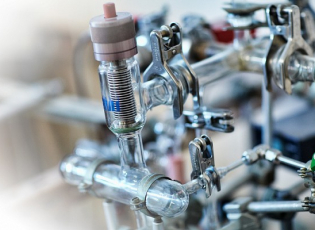

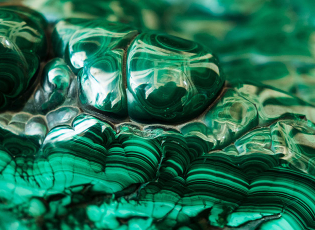

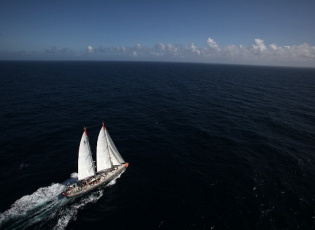
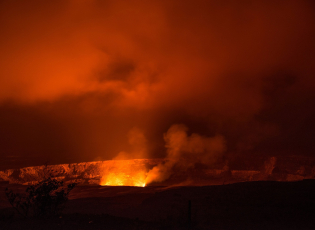
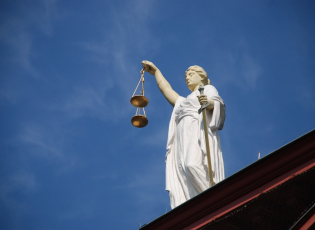

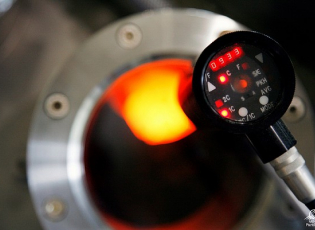
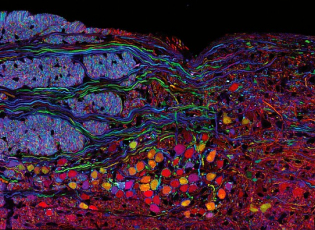
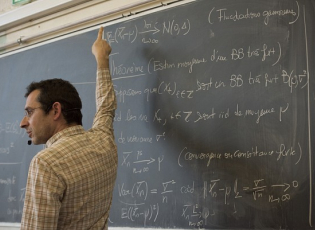

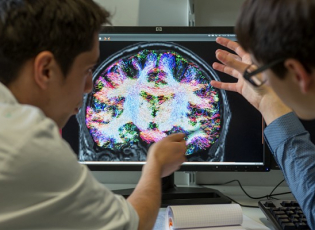
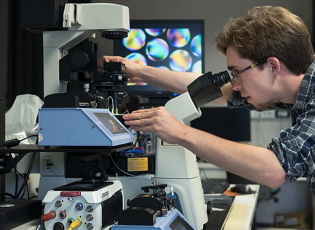
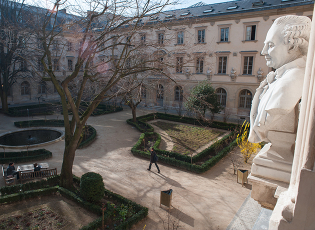
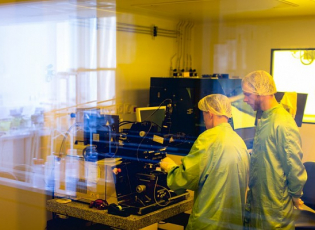
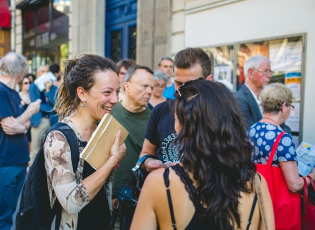

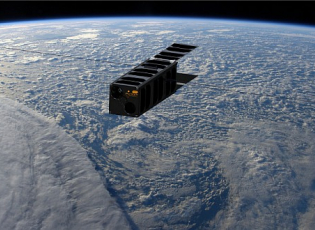
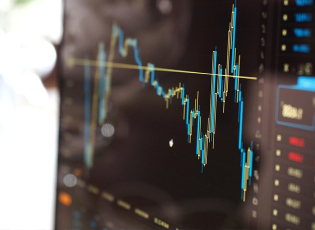

The rank of a given university can greatly vary from one ranking to another.

The rank of a given university can greatly vary from one ranking to another.
Emeritus Astronomer of the Observatoire de Paris - PSL - Head of ranking referencing at Université PSL Each ranking uses different indicators and indicator weights. One could compare this to the results of a school examination, which can vary according to the coefficient applied to the mathematics test compared to language or sports tests: depending on the coefficients used, the 'strong in maths' or the 'strong in theme' will be favoured. Only the rare pupils who are very good everywhere are always in a good position!
International university rankings
PSL has been ranked since 2018 in some of the major international university rankings. A few words of explanation on four of them:
- THE ranking: Released by the Times Higher Education (THE), a British monthly newspaper based in London and specialized in the field of higher education, the ranking is based on reputation surveys from academics and/or entrepreneurs. It also includes a several criteria in order to describe the different activities of the universities. Each year, the rankings are released from three different angles: the World University Ranking in September for the coming year, the Reputation Ranking whose results are published in the spring, and the Young University Ranking (YUR), i.e. young universities created less than 50 years ago. All the results for PSL are available on the THE website.
- QS World Ranking: Released by Quacquarelli Symonds (QS), a British agency specializing in education, theranking is based on criteria comparable to those of the THE, in particular academic reputation and the quality of research. It also highlights the brand's reputation among employers, the proportion of foreign students and researchers and the faculty-to-student ratio. All the results for PSL can be consulted on the Quacquarelli Symonds (QS) website.
- The Shanghai ranking, also known as Academic Ranking of World Universities (ARWU) is one of the indicators that allow, beyond the diversity of national contexts and statutes, to make international comparisons between major research universities, mainly in terms of influence (major international academic prizes) and quality of scientific production (volume and impact measured by citations). The ARWU Global Ranking of Academic Subjects (GRAS), produced with the collaboration of Clarivate, is based, for its bibliometric part, on data from the Web of Science and includes thematic rankings for 54 subjects divided between Natural Sciences (8 subjects), Engineering (22 subjects), Life Sciences (4 subjects), Medical Sciences (6 subjects) and Social Sciences (14 subjects). Some fields such as Arts and Humanities are not covered. 1800 universities are ranked each year out of the 4,000 taken into account. In each subject area, depending on the size of the field, the number of universities ranked can vary between 100 and 500. http://www.shanghairanking.com/
- CWUR World University Rankings: Released annually since 2012 by the UAE-based Center for World University Rankings, the rankings evaluate more than 2,000 universities according to an overall weighted score based on four main criteria: teaching quality (as measured by alumni awards), alumni employment, faculty quality (as measured by faculty awards), and research performance. The rankings use data available in a series of reference databases and are not based on self-reported data or reputational surveys. https://cwur.org/
- Leiden ranking: The results published by the CWTS (University of Leiden) are based on an analysis of the scientific output of universities worldwide (in 2020, nearly 1,200 universities). Since it doesn't issue a single global ranking as a synthesis of different indicators, it provides a range of indicators from which one can chose those that are relevant for a given situation. For the assessment of scientific impact, the recommended indicator is called PP (top 10%), calculated as a fractional account: the number of articles from the institution belonging to the 10% of the most cited articles of their year. Other indicators shed light on complementary aspects of scientific production: the share of articles in open access (68.6% of PSL's scientific articles published in the period 2015-2018 are in open access, according to this ranking) makes PSL ranked 103rd in the world, and 2nd in France behind Sorbonne University. https://www.leidenranking.com/
- ARTU Ranking 2021 (Aggregate Ranking of Top Universities): released for the 2nd year by UNSW Sydney, this ranking calculated by the aggregate rank from the "big" rankings: ARWU, THE, and QS. Universities are ranked by the total score of their ranks in 2021 from these three "big"; PSL is ranked first among European universities. PSL is ranked #33 (versus #36 last year), between King's College London (UK) and the University of British Columbia (Canada). https://research.unsw.edu.au/artu/
Each of those rankings also includes a classification by subject and major scientific fields.
Data collected from the rankings (World University Ranking and Young University Ranking) issued for year 2019 by the Times Higher Education (THE), the British agency Quacquarelli Symonds (QS) and the US News & World Report..
